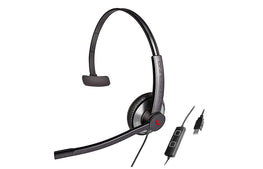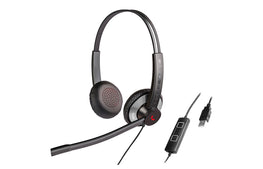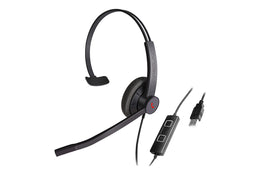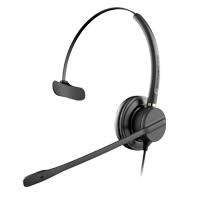Technology and the future of the healthcare sector
Healthcare providers are only now beginning to find technology solutions to address inefficiencies in their performance. The growth of digital tools means that doctors have a wealth of new resources available to them.
This was underscored by US research from Salesforce into the state of medical care and technological uptake. The research found that doctors are missing an opportunity to add value to their performance by not utilising a greater range of supporting tools.
Beyond the uptake of technology, the research also revealed a number of different issues surrounding patient care. For example, the average patient in the study has 2.5 medical professionals overseeing their care and 76 per cent are confident that their physicians are sharing up-to-date notes regarding their treatment and follow-up support.
Todd Pierce, senior vice president of healthcare for Salesforce, emphasised that the medical sector is still at the starting point of the transformation towards digital healthcare.
"This data shows that patients and doctors are still using tried-and-true ways of communicating," stated Mr Pierce. "Healthcare came late to the digital party, which is remarkable since it is arguably our most important, expensive and information-intensive industry."
While the healthcare sector in general is continuing to evolve to become more technology focused, Australia in particular is looking to further expand the reach of the government's eHealth portal.
eHealth records in Australia
In 2012, the federal government rolled out the personally controlled eHealth record, which aims to offer patients access to a database of information on their personal health. The aim of the project is to increase access to vital patient notes between different organisations, especially around immunisations, discharge information and current medications.
According to the latest report, this initiative has attracted 2.44 million users, along with almost 8,000 registered healthcare organisations contributing to these patient records. As the database expands, patients are expected to have even greater access to important information from more providers.
The initiative has also been under greater scrutiny in recent months, with the Australian Healthcare and Hospitals Association publishing a report into how the system might be improved. While the report outlined the specific challenges that are affecting the project, it also highlighted the benefits that come from digitally stored medical records.
This point was further emphasised by AHHA Chief Executive Alison Verhoeven, who stated that: "A well-implemented electronic health record has the potential to promote greater consumer engagement and understanding, reduce waste and inefficiency and improve quality and safety."
Clearly, the shift to digital records and greater access to patient notes will only increase in coming months. Medical professionals will need to have the right tools at their disposal. That's where digital tools like Dragon Medical voice recognition software can be put to use.
Managing patient notes through Dragon Medical
As medical professionals begin to embrace the possibilities that come from digital technology and ehealth initiatives, it's important they also have the tools and experience to ensure these requirements aren't adding to their workload. While these initiatives are designed to improve patient information and ultimately outcomes, the benefits will be negated if they also take time out of a physician's day.
This is where Dragon Medical can be of use. This technology makes it easy to record patient notes through voice recognition software, eliminating the need to take them manually.
Thanks to the extensive vocabulary that Dragon Medical relies on, every medical professional will likely be able to benefit from utilising this technology. However, there are certain specialists where the push towards greater digital technology is greatest.
Among the groups that can most benefit from this technology are:
- General practitioners. These professionals are already utilising digital technologies, with over 5,000 practices already registered for the government's eHealth portal, according to the report. As the primary physicians for most Australians, general practitioners have an important role to play in providing care to the community, meeting with many patients in the average day.
- Surgeons. Individuals who specialise in surgery are still required to manage a considerable workload of documentation and maintain up-to-date patient notes, both prior to surgery and in post-op care. Due to the highly specific nature of a surgeon's work, these medical professionals will also make the greatest use of features like Dragon Medical's expanded vocabulary.
- Non-surgical specialists. Finally, there are plenty of physicians working as specialists in their chosen field. In this situation, composing detailed patient notes is essential, along with having time-saving tools that can increase the number of patients they see in a working day.
As with every industry, the future of medical care is going to be increasingly driven by new technologies and tools that remove the need to complete otherwise time-consuming tasks. Dragon Medical is just one example, offering medical professionals with a suite of tools that can help them perform at their peak.
Dragon Medical Pricing






